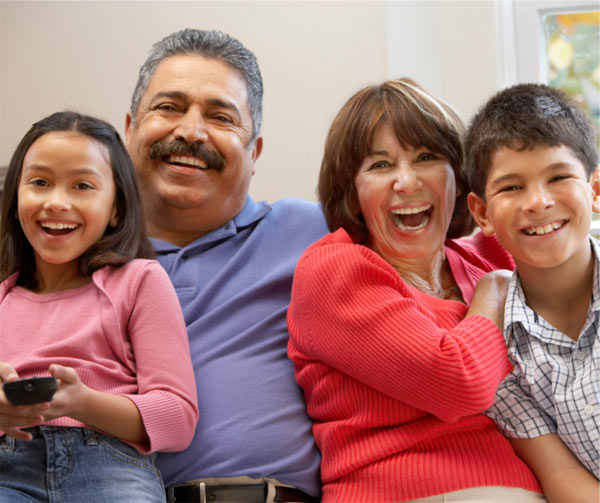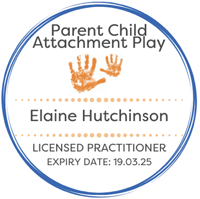Grandparents supporting their grandchildren
5 million grandparents take on some childcare responsibilities on a regular basis in the UK.
- 40% of grandparents over the age of 50 provide regular childcare for their grandchildren
- 12% look after grandchildren at least once a day
- 18% look after grandchildren 4-6 times a week
- 38% look after grandchildren 2-3 times a week
Nearly all of them (88%) enjoy spending time with their grandchildren with 50% of them saying caring for grandchildren helped keep them physically and mentally active. (YouGov poll for AgeUK, 2017)
Kinship care – grandparents caring for grandchildren
200,000 children in the UK are currently being raised by their grandparents.
This kinship care, where a child is living full-time with a family member who isn’t a parent can be legally complex as local authorities have different names for it and there are numerous types of kinship care.
The guide to kinship care on gransnet.com explains the different kinds of care, a grandparent’s rights and provides a guide to financial help for grandparents caring for a grandchild.
Care-giving grandparents do an amazing job and many children thrive. However, some grandparents need help and support to raise their grandchildren, with many studies showing that depression and stress rise markedly for grandparents who are primary child-carers and can persist over a long period of time compared to grandparents who saw their grandchildren regularly but were not primary child-carers.
Researchers found that time to adjust to the primary care role did not help grandparents cope better over a six and a half year study. (lucidtreatment.com)
What does this mean for the children being looked after in kinship care?

Children in kinship care are a relatively invisible group as the government does not keep up to date data about them and it is also known that the number of children in kinship care is rising. There will be unique stresses and strains for every family, whether in kinship care or not, but the reasons that brought the kinship care about in the first place often add additional stresses and strains to an already complicated situation for both children and carers.
Play therapy allows children space and time to explore their individual situation, the journey that the family has taken which has led to kinship care and to develop both understanding and resilience around their home situation.
Statistics now show that more children leave care on a Special Guardianship Order (SGO) than an Adoption Order, with SGO’s up 11% to 3830 of which 90% were living with kinship carers, who would have included grandparents as well as other family members or people connected to the family. (grandparentsplus.org.uk)
There are also many positives to a child being in kinship care; nurturing grandparents help children flourish as well as:
- Enabling siblings to stay together
- Allowing children to stay in contact with family members
- Reducing the number of out of home placements
- Stabilising care
- Raising children who thrive in a loving environment (davisenterprise.com)
COVID-19 and its impact on kinship care
Grandparentsplus.org.uk have carried out several COVID-19 consultations highlighting the impact of exhausted carers and the challenges of home schooling. The most recent consultation (June 2020) highlights that:
- 87% of kinship carers are emotionally affected, feeling stressed, isolated, tired and trapped
- 57% of kinship carers have experienced practical issues such as balancing work and childcare, shopping and dealing with a lack of activities for the children they care for, with no break or respite
- 60% of kinship carers are financially worse off, with some using savings for day to day expenses
The consultation also highlighted the impact on children and young people:
- 77% of kinship carers say children are struggling with the lack of routine and are missing their friends
- 42% of kinship carers believe their children’s mental health and behaviour have worsened since the start of lockdown
- 25% of kinship carers are experiencing aggression from the children they care for including being hit or pushed as well as violent tantrums, verbal aggression, emotional outbursts and violence towards siblings
Supporting kinship care families
There is a lot of support out there for kinship carers but finding where to go for that help can be really hard. In my research, not exhaustive by any means, good starting places could be:
To support children and young people who are in kinship care and finding life challenging, please get in touch to find out more about how I can help.
I currently have space on my client list to see children and young people aged 3-18. I can be working with a child or young person you know who needs support in as little as 24 hrs from our first meeting.
If you have any questions, please feel free to drop me an email:






